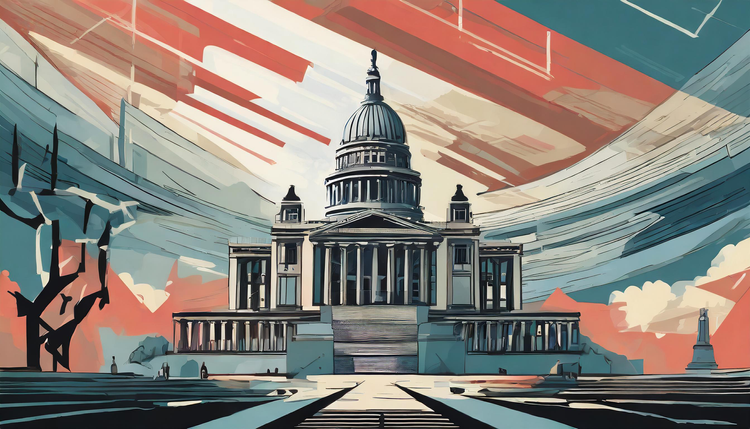Strong Ideas, Loosely Held
Jeff Bezos became the world's richest man by changing his mind. A lot.
His approach – strong ideas, loosely held – now courses through Amazon's leadership:
He's observed that the smartest people are constantly revising their understanding, reconsidering a problem they thought they'd already solved. They're open to new points of view, new information, new ideas, contradictions, and challenges to their own way of thinking.
One of the themes of Super Cities is better, not more.
Leaders don't need more information; they need better information to generate sharper insights.
Successful entrepreneurs do this well. Startups never end where they start. As founders listen and learn, they incorporate feedback, iterate when possible, and change direction when necessary.
Intellectual flexibility – strong ideas, loosely held – is paramount in business.
In contrast, we have American politics. Voters punish the very thing Bezos rewards. I think this is because, for many people, politics has become a signal for values. Yet this creates perverse political incentives for politicians to contest objective truth, disregard hard-earned wisdom, and pander to collective ignorance.
Rigid ideology – the inability to change one's mind when presented with better information – has its own logic. Systems that reward rigid ideologues don't attract flexible thinkers and, without flexible thinking, the system naturally becomes more rigid.
From business to politics, national security to urban innovation, creative destruction ought to produce alternative systems that reward people with strong ideas that are loosely held.





